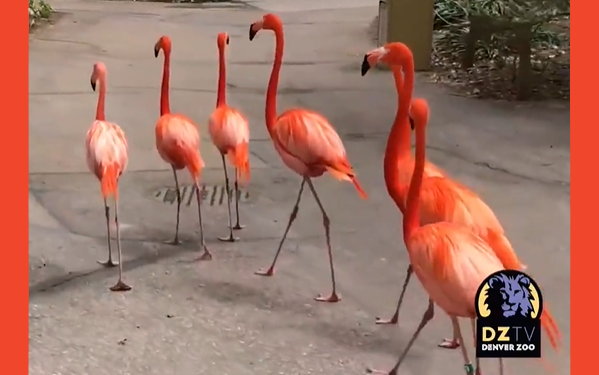As an introvert with streaming services, the Covid-19 epidemic was fairly easy for me to ride out — except for the impact it had on the moods of my wife and daughters, which kept me from being too loud about that. The epidemic hit four years ago, probably playing a role in my youngest brother’s cardiac arrest (that part was not easy.) He, a corporate consultant on disaster preparedness — discerned fairly well from the outset what we could likely expect to happen with a population resistant to the very idea of public health. His prescience as to the likely effect on his family and his country probably help kill him.
I, in the weeks after his death, spent much time listening to the birds. The birds were absolutely amazing.
I was thankful for the dolorous sound of the mourning doves to facilitate my grieving, and chilled by the hooting of the owls, who clearly didn’t care. Once the birds realized that we were not coming out of our homes, were not on the streets driving our smell-pots, they went bananas. Our home is below a bluff, where sounds travel down to us anyway, but now it sounded like we lived in a forest or a tropical jungle. The birds seemed grateful for the answer to a prayer they would never have known how to make.
The lack of cars on the streets and highways robbed the sunset of its palette. On those rare occasions when one could justify a long trip, the freeways were more vacant than I’d seen them since Opening Day of the 1984 Olympics, when predictions of the Autopocalypse kept those without tickets on the street. (My father and I, sitting under the flag of Rwanda — which was not yet resonant of tragedy — met not-yet-publicly-out George Takei there; he was very interested in talking up Walter Mondale.)
But birds take more than just a day to respond to major changes in their environment, so they were not yet singing. Occasionally, having been awakened at 4 a.m., I would clap my hands at them, or meow like a cat or bark like a dog, sometimes raising a small flock of them out of the trees. But my puny protest was not a major event, and the birds quickly went back to enjoying their ownership of the outdoors.

I don’t recall how long it took for the birds to give up their domination of the outdoors. As with Covid itself, the onset of this sort of change is usually more striking than its end. (And yes, I do know that Covid is not over; I caught it last year, and people are still catching it, and Long Covid is now seeming much more real and pervasive than we had anticipated.)
I recall, early in the pandemic, hearing the seemingly absurd story of how Philadelphia responded to the Spanish Flu outbreak on 1918, and how it didn’t cancel an 23-block long parade kicking off the Fourth Liberty Loan Drive, which 200,000 people attended despite having a good idea of how virulent it was. This soon led to 139 people dying in one day. As estimated 12,000 people died in that city of 1.5 million; about three times that many were sickened. The premature end of the pandemic was called several times by people including the city’s public health director. How ridiculous this seemed four years ago, before our own society went out and recapitulated the entire thing — times about 100.
Trump’s attack on public health was something that people seem to have largely forgotten — although President Biden has made clear that he’s going to remind the public of it often and well this year. This was a major part in unmooring his followers from reality; I’d say it set the stage in some ways for the willful disregard of logic and proof that has led to widespread acceptance of MAGA’s Lost Cause.
But I expect that Trump will be pointing out that more Americans have died under Biden than under him: just the sort of lame factoid that he loves. (Trump, of course, was the person who let the country burn for most of a year; Biden was the one who had to put out the consequent needlessly large wildfire.)
For me, though, as the chicks hatch and the adults return to singing, I realize that it was some consolation to have watched an event that turned time in the skies and trees around us back about 250 years, to before the Industrial Revolution, and we’ve seem our nation’s urban and suburban birds as chirpy as they’ve ever been. Trump does seem to have a thing about the welfare of birds — first saving them from wind farms, then liberating them from civilization itself, until that got boring. (Maybe when he called Nikki Haley “Birdbrain,” he meant it as a compliment.) I’m glad to have seen it; I’m more glad, though, that it has passed.
Leave a Reply